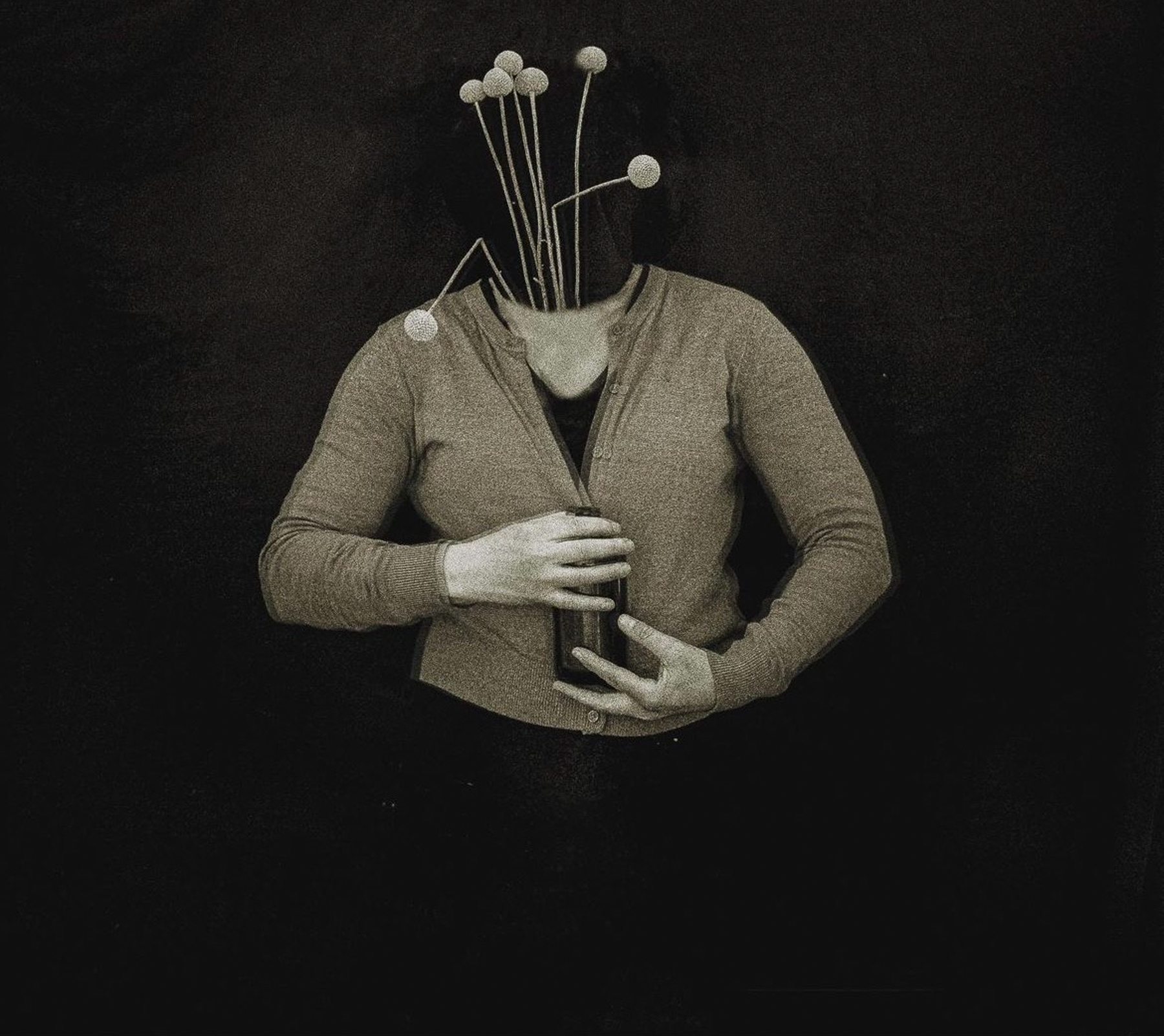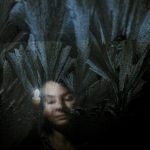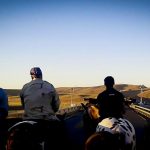ESSAY BY J. AARON SIMMONS
PHOTOS BY MANUELA THAMES
“Try to live your life in a way that you will not regret years of useless virtue, inertia, and timidity.”
—Maya Angelou
I vividly remember walking across campus that morning on my way to teach my Introduction to Philosophy course. I was roughly 20 feet from the door to the classroom building when my phone rang. It was my sister.
I answered. “Hey toots, I am heading into class. Can I call you back in an hour?”
Her response stopped me in my tracks. It was clear she had been crying. “Yeah, that’s fine,” she said. “I just wanted to tell you that [insert-the-name-of-her-asshole-husband-who-I-won’t-mention] told me he is leaving. My marriage is over.”
At the time, I didn’t have tenure and I was fairly new in my faculty position at the university. So I told my sister I would call her back after class. Then, heartbroken for her, I walked into the building.
It’s strange when I think back on that day. I can still show you exactly where I was standing when I got the call, and I still teach regularly in the classroom I entered after receiving it. But the thing that most stands out to me is that in that moment, my doctoral degree didn’t matter, my published books were irrelevant, my teaching awards and accomplishments were meaningless. What mattered was that I was my sister’s big brother. I wanted to immediately get into my truck, drive the eight hours to her house, and hug her while throat-punching the asshole (soon-to-be-ex) husband.
But instead of making that drive, I walked into my classroom as Dr. Simmons.
So often, putting letters after our name or titles before them seems to turn us into an impersonal, objective, and detached being. The students that day could not see that I was my sister’s big brother, the big brother who held her hand when she was three (and I was seven) when she was in the pediatric cancer ward. They did not know that I helped move her into her apartment when she started graduate school (we ate barbeque that night, by the way). They did not know about the call I had just received from her.
When my son was in elementary school, he used to absolutely freak out when he saw one of his school teachers at the local grocery store or something. It was as if the world had cracked open and nothing made sense anymore. Mr. Jones isn’t supposed to need milk! Why is Ms. Smith looking at paper towels?
They tend to assume that something strange happens in graduate school that turns an otherwise normal human into a super-nerd who no longer experiences joy or despair, whose real suffering occurs while contending with the monotony of everyday life.
The same is true for my students when it comes to my being Dr. Simmons. They tend to assume that something strange happens in graduate school that turns an otherwise normal human into a super-nerd who no longer experiences joy or despair, whose real suffering occurs while contending with the monotony of everyday life.
So even though I walked into the room as my sister’s big brother, all they saw was “Dr.” I was just an interchangeable non-person who tells them stuff they need to remember long enough to pass a test.
That day I stood in front of the class and began to write on the board the material we were supposed to cover: Anselm’s ontological argument for the existence of God.
Premise 1: God is best defined as That Than Which None Greater Can Be Conceived.
Premise 2: If That Than Which None Greater Can Be Conceived Exists, then God exists.
Prem—
I got to this point and simply couldn’t go on.
My being my sister’s big brother was not something I could just bracket. It was the only place from which I knew how to speak to the classroom of students before me.
So I put the marker down, turned around, and simply said, “Folks, I know that I am supposed to be arguing for the existence of God today, but I am not sure God exists today. Today, I do know that evil is real in my life and the life of my sister. So we are going to talk about the problem of evil.”
The students were stunned. Their looks of perplexity conveyed that they couldn’t make sense of the fact that I had a “life” that something like “evil” could impact.
That day changed things—
My sister got divorced.
I revised how I approach being a philosopher.
In my teaching, my research, my speaking, and my life more generally, I decided that I was failing my students, my colleagues, and my readers if I continued to act as if life was something to be understood according to an algorithm. Life is messy and difficult. Our thinking about it should reflect that fact. Otherwise, we can fall into being not much more than an intellectual version of an Instagram profile. Akin to the Instagram phenomenon whereby everyone is beautiful and life is perfect when layered with the right filter, we intellectuals often act as if we can simply apply a filter that cleans the messiness off of life and makes lived existence a matter governed by simple objective consideration. What really sucks about this approach is that precisely the same “logic” underwrites both the façade of influencer culture and the misnomer that objectivity is adequate to existence. Both are grounded in the idea that “success” is all that matters.
We intellectuals often act as if we can simply apply a filter that cleans the messiness off of life and makes lived existence a matter governed by simple objective consideration.
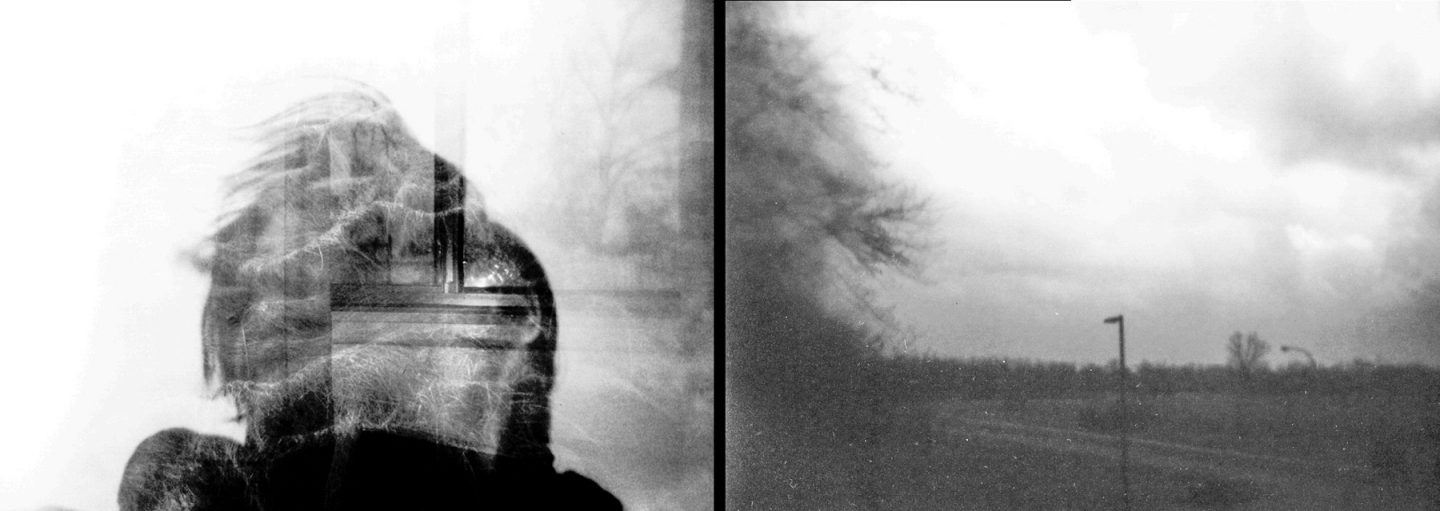
“Dear Chat GPT, please tell me how to navigate moral life so that I never have any regrets. Oh, and while you are at it, let me know how to become rich while ending poverty, bring about justice while still including the voices of those who only serve themselves, and focus on my local community at the same time as addressing global crises and climate change.”
Artificial intelligence is likely to do all sorts of things—some good and some not so good—but it cannot solve the complexities of the human condition. The simple reason is because the human condition is not a problem to be solved. It is simply the situation of being who we are.
This basic realization is the core message of my recent book, Camping with Kierkegaard: Faithfulness as a Way of Life. Therein, I try to distinguish between the objectivist temptations of our cultural norms and the radical importance of subjectivity as a lived practice undertaken in light of our vulnerability and our relationality.
On the one hand, we are tempted by “success,” as a name for the hoop-jumping model of human existence whereby value is determined by external achievements and checking boxes that indicate how far up the ladder we have climbed. This is the logic by which influencers mark their importance and researchers point to their h-index (the number of times their research has been cited) to justify their status.
On the other hand, we can cultivate “faithfulness” as an alternative way of life such that we are neither defined by success nor wrecked by failure. Instead, we risk ourselves in the direction of who we hope to become.
Success quantitatively asks us: “Have you done enough to be important?”
Faithfulness qualitatively asks us: “What is worth your time, your energy, and your life?”
The former is a matter of eliminating the personal specifics of your circumstances in order to make for good social media posts and impressive LinkedIn profiles.
The latter is a matter of being invested in the continual task of living. Faithfulness understands that since we don’t have an unlimited amount of time, we must take seriously the task of doing things on purpose in the time that we have. In Camping with Kierkegaard, I try to stress the importance of our vulnerability (and eventual death) as forming the context internal to which our lives matter in the first place. So, given that we are finite (not infinite, not perfect, not invulnerable), let me ask you: What is worthy of your finitude?
The existential philosopher, Simone de Beauvoir, rightly appreciates the urgency of faithfulness when she notes that life is always essentially ambiguous. In other words, there will never be an objective answer for how to live.
Similarly, Friedrich Nietzsche says somewhere that life is not an argument. He is right. In other words, living is not reducible to propositions. The film Good Will Hunting hits on this same point when Robin Williams’s character points out to Matt Damon’s character that even though he could recite a dissertation on Michelangelo’s style, that is not ever the same thing as the actual feeling of standing in the Sistine Chapel and looking up. A poem about a kiss is not something to confuse with kissing—indeed, doing so is likely to lead to some painful paper cuts and a pretty miserable life!
Simply put, there is no app that will tell us how to live in each of life’s messy moments. So what should we do?
I understand faith as simply risk with direction. Whatever we do, risk remains. Whatever direction we choose, we could have chosen differently.
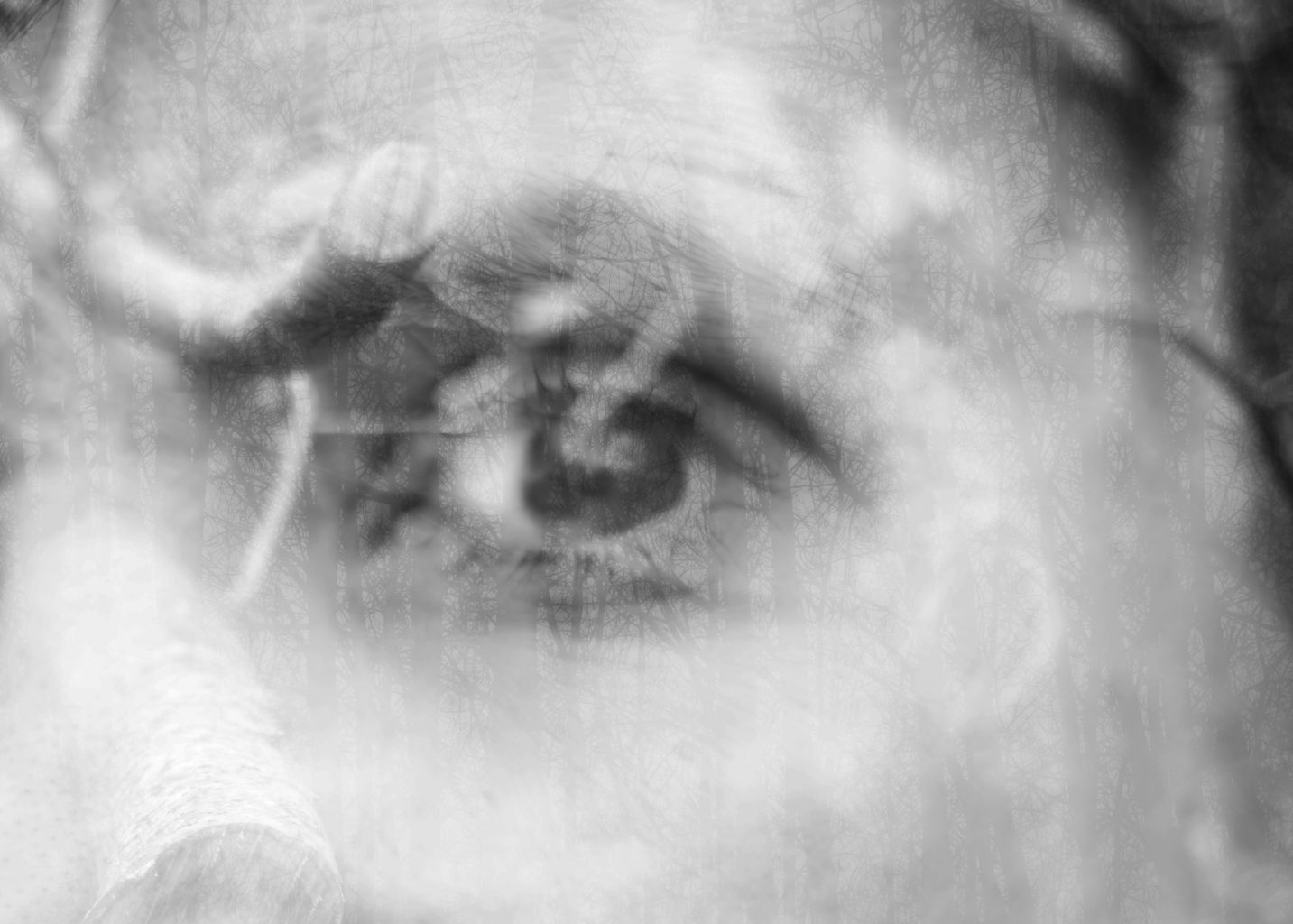
After ending that phone call with my sister, I could have simply proceeded on with the argument I was teaching that day:
Premise 3: Everything exists either in actuality or in the mind alone.
But had I done that, ignoring away this particular brush-up against evil rather than naming it, evil would still be just as real. I would have taught my students about Anselm, but failed to invite them to take seriously why thinking well matters. The ambiguities that attend living can never be bracketed enough for our objective arguments about how life works to stand in purity.
Objectivity is an illusion that serves to distract us from the agency that defines daily decision-making. The success mindset makes it is easy to tell ourselves that if we just work hard enough, things will be ok. Or maybe it’s rather that if we are successful enough, then we can at least over-schedule ourselves so completely that we don’t have to pay attention.
Out of sight, out of mind, right?
These days we silence our phones as a façade of control over our small visions of what is possible in life. We download apps to make sure we maximize our productivity, track our sleep cycles, and log our exercise miles, but how often do we face up to our own frustration, face down the temptations to despair, and respond to the faces of so many of our global neighbors who call out to us for justice?
When we are honest with ourselves and vulnerable with others, we will have to admit that things are most definitely not OK.
On the other hand, we can cultivate “faithfulness” as an alternative way of life such that we are neither defined by success nor wrecked by failure. Instead, we risk ourselves in the direction of who we hope to become.
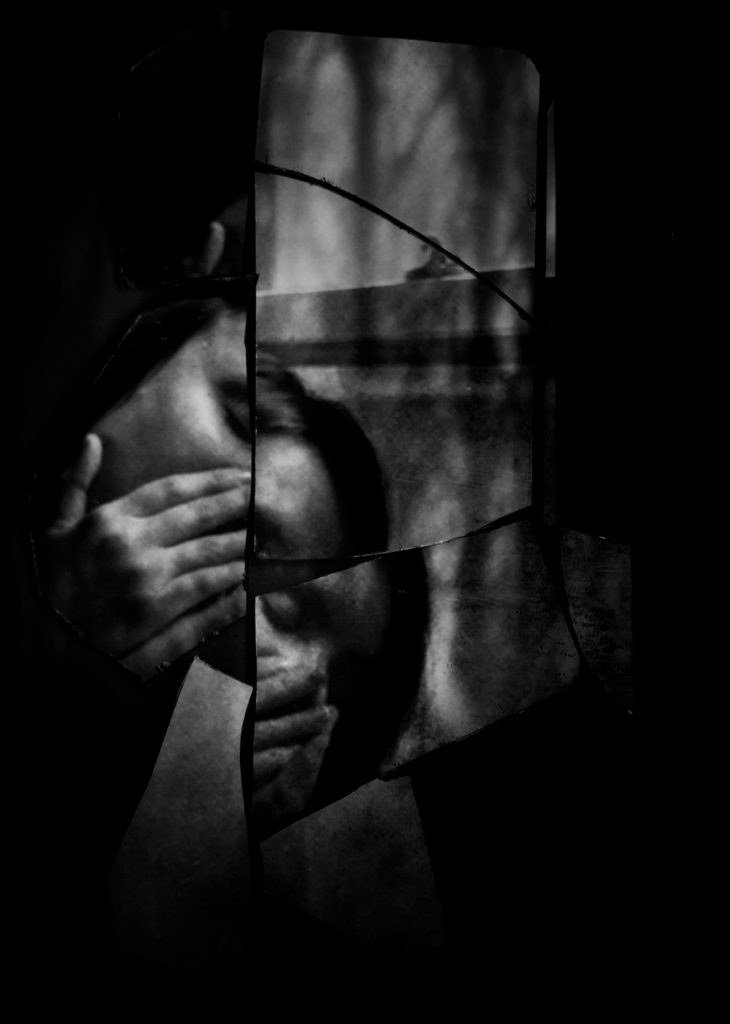
I was walking into a class a few years ago when a student came up to me with tears in his eyes and informed me that his good friend had committed suicide the night before.
Prior to a different class, a student approached me with the news that her mom had just been diagnosed with cancer.
On yet another occasion, an African American student walked into my class with her hands up in memorial of the continued racial injustice marking our society. Rather than talking that day about race theory and various conceptions of deliberative justice, maybe I should have just raised my hands with her.
Recently, I arrived for a class where I was supposed to teach about the relationships of Stoicism and Existentialism, but I was utterly wrecked because I had no idea how to say anything that mattered. You see, a few hours before, a horrific situation had unfolded in Gaza and Israel—while I tried to speak about philosophy, people were dying as a result of the contingent power structures that we have decided to allow to be so very important in our world.
How do we do philosophy in such moments?
How do we think well about how to live when life feels just so damn heavy?
I don’t have concrete answers to such questions, but I do want to encourage you to take seriously letting people see you as someone’s big brother, as someone’s friend, as someone for whom evil is all too real on any given day.
We live in a world that distrusts expertise. This distrust is frightening. Yet perhaps a step we can take toward restoring the much-needed trust in the value of experts is for those experts, and also the rest of us, to be forthcoming about the emptiness of a success-orientation that objectifies life and tries to pretend away the risk that is inherent in existence.
What if we began answering the call of justice, of virtue, and of joy with the risky confidence only truly borne of genuine humility? What if we walked into our classes, our offices, our homes, our social networks, and our daily lives with a deep understanding that things don’t have to be the way that they are?
What if we just start with that simple awareness? And then, what if we just do what we can where we are?
The goal is not to achieve success, but to live faithfully as people who are human, all too human.
As a result of that phone call from my sister—and so very many other calls I have answered since then—I now tell my students that the reason we study philosophy is because we have to find ways of “being OK” even when things simply aren’t OK.
Faithfulness requires constant diligence. It is not about being done with something, but about every day striving toward what we take to matter. As such, we can better acknowledge that the world is not fixed and stable, but open to our input. We let it get the way it is now. Let’s encourage each other to have the courage to face up to the fact that we can do things otherwise. As Maya Angelou rightly notes, inertia can be deadly to the task of meaningful living.
The point is that you don’t have to move on to Anselm’s Premise 3. Necessity is overrated in life. The fun happens when we take seriously all the options that confront us.
Perhaps the best way of living into the responsibility that the title “Dr.” names is for the Drs. to be willing to be broken in front of others so that they can also be the arm that supports them when they struggle to find the strength to stand. But that’s also something everyone, titled or not, can do.
Academia might disagree with me, but I think the most important lesson I could hope to have taught my students that day was that graduate school doesn’t teach us how to be human.
As the Danish philosopher Søren Kierkegaard puts it, all that is essential to being human must be learned anew by each generation. I think he is right.
I am at my best as a professor when I let my students see me as my sister’s big brother. When they see this, they see that joy is not an abstract idea supported by evidence, but a fragile hope into which we must individually live. The task is then to work together to help others share this hope with us.
Here we are. Answer your phone when faithfulness calls. Silence it when the notification dings of success distract you from what really matters.
Class is starting, come on in. Please, drop the “Dr.” and just call me Aaron.
What if we began answering the call of justice, of virtue, and of joy with the risky confidence only truly borne of genuine humility? What if we walked into our classes, our offices, our homes, our social networks, and our daily lives with a deep understanding that things don’t have to be the way that they are?

